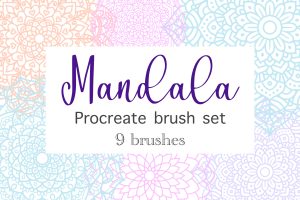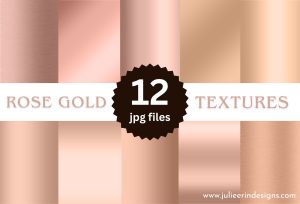Whether you’re shopping for a professional artist, an aspiring creator, or a hobbyist, this holiday gift guide for artists has you covered.
Holiday Gift Guide for Artists: Creative Gifts They’ll Love
read more
Whether you’re shopping for a professional artist, an aspiring creator, or a hobbyist, this holiday gift guide for artists has you covered.
A list of common scams for artists to watch out for, and some tips and ideas on how to avoid getting scammed as an artist online.
I’m an digital artist, surface designer, and online educator from Vancouver, Canada.
I’ve sold thousands of physical and digital products worldwide through print on demand companies.
Through my online classes and blog, I teach other artists how to sell their own art online and turn their passions into a business they love.





